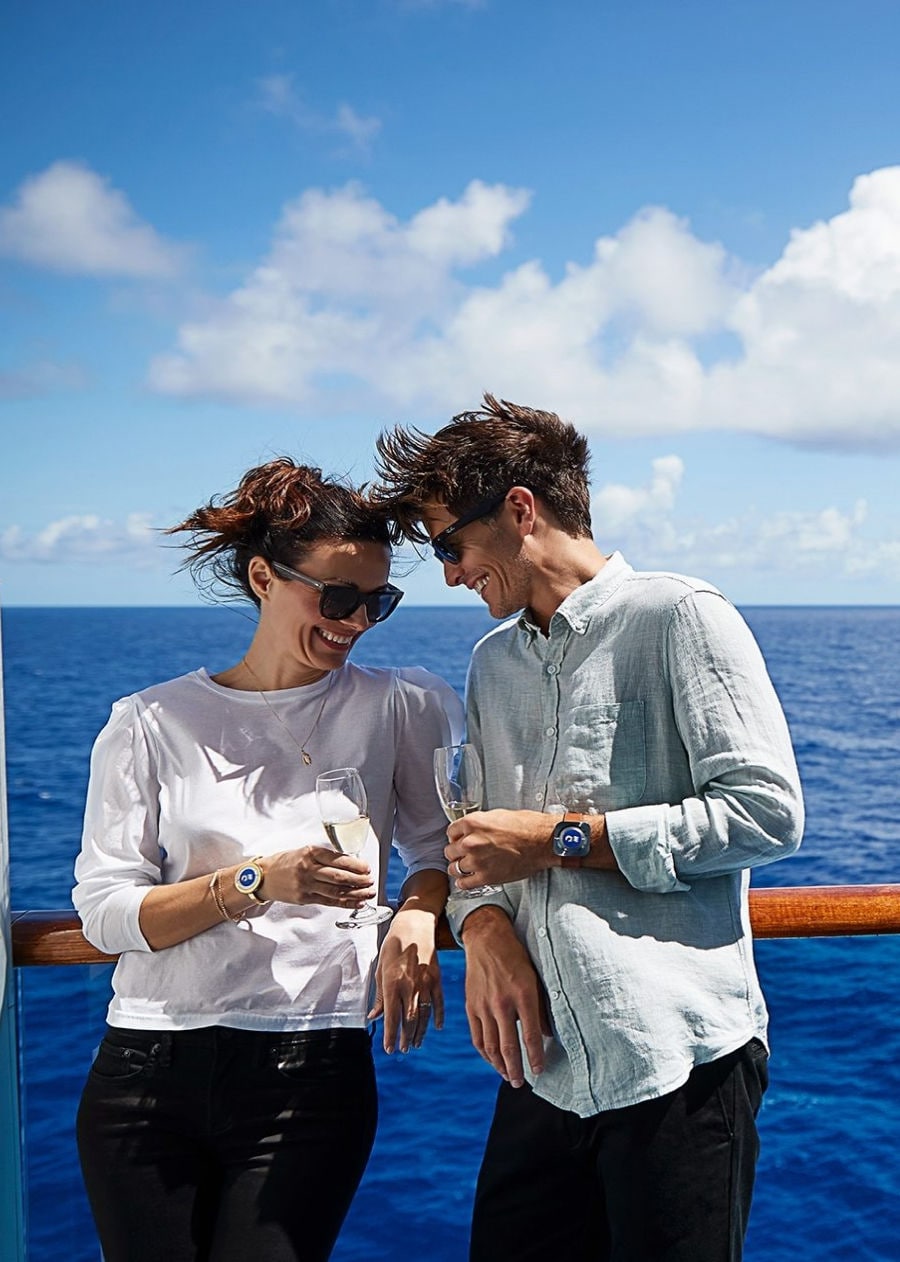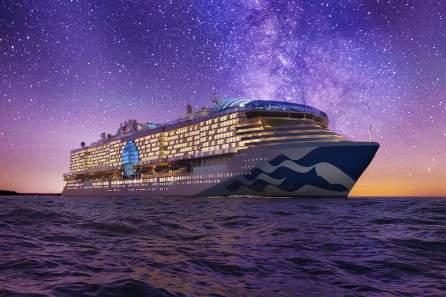In recent years, international, national, regional, and local governments have changed laws and regulations to require that ships operating near shore burn cleaner marine fuels – those that are more highly refined and contain significantly less sulfur than historically allowed. The regions where fuel sulfur content is restricted are often referred to as Emission Control Areas or ECAs. Outside ECAs, ships can burn heavy fuel oil (HFO) which may contain as much as 3.5% sulfur. Inside ECAs, ships are allowed to burn marine fuel with a cap of 0.1% sulfur.
In 2020, the global sulfur cap is likely to drop to 0.5%, which will require continuous use of lower sulfur fuel or development of pollution control technology to achieve these equivalent lower emissions. In the cruise industry, the cost of fuel is significant. Because lower sulfur fuel is substantially more expensive than higher sulfur fuel – sometimes the cost is nearly double – the fuel sulfur requirements can have a big impact on the company’s bottom line. In order to meet the new low sulfur fuel requirements in a cost-effective way, Carnival Corporation and Princess Cruises are investing in Advanced Air Quality Systems (AAQS) technology also called Exhaust Gas Cleaning Systems (EGCS).
This project – completed in partnership with an Italian company called Ecospray – is leading the cruise industry in the design and development of this new technology. The United States Coast Guard, Environmental Protection Agency and Transport Canada are also important strategic partners in this program. Carnival Corporation has invested significantly in this ECGS research and development program across the corporate fleet. The Princess fleet is fully engaged in this program – by 2020 14 ships will have EGCS installations. Future new builds will be delivered with EGCS already installed.




